
This Chapter of TypeRight has tried to track the digital narrative of the grand Indian Lok Sabha election vis-a-vis use of social media, campaign and propaganda of political parties through digital media and how the Indian digital consumers being targeted through medium and the messages.

The above is one of several campaigns and protests that had come up in the past few months since the election to the Lok Sabha 2024 was declared.
But what is the chronology?
In the absence of a specific process so far, there have been public interest litigations regarding the choice of the election commission, its constitution, and its role in ensuring free and fair elections. As The Hindu reported,
A Public Interest Litigation (PIL) filed by Anoop Baranwal in 2015 pleaded for the Supreme Court to issue directions to set up an independent, collegium-like system for the appointment of the CEC and ECs. The Supreme Court in this case, in March 2023, held that there has been a legislative vacuum due to the absence of any law by Parliament in the last 73 years (since the adoption of the Constitution) with respect to the appointment of the CEC and EC.
The SC proposed that the three members who decide this would be the Prime Minister, the Leader of Opposition, and the Chief Justice of India. However, the central government was quick to bring in a legislation that would block this:
On December 12, the Rajya Sabha passed the Chief Election Commissioner and other Election Commissioners (Appointment, Conditions of Office and Terms of Office) Bill, 2023.
It provides for the procedure for appointment of the Chief Election Commissioner (CEC) and the other two Election Commissioners (ECs).
The CEC and EC shall be appointed by the President on the recommendation of this selection committee consisting of the Prime Minister, the Leader of Opposition in the Lok Sabha and a Union Cabinet Minister to be nominated by the Prime Minister. (The Hindu's report cited above)
But why was this legislation passed in haste, and why is this relevant? It only serves to quickly take a look at what happened this last month.
The recent ruling on EBS by the Supreme Court is something noteworthy to begin with. Publicly available data and analysis suggest that the EBS has been abused to do things like push prospective donations. This weakens the competitive parts of India's democratic process.
When a current Chief Minister from the opposition is arrested during elections, it raises major questions about whether all parties are being given a fair chance to run. Following the recent arrest of Hemant Soren, another sitting Chief Minister from the opposition party in Jharkhand, this development has occurred. The apparent trend of employing investigative agencies to unfairly target opposition political parties and their prominent members puts the democratic process at risk.
A number of ex-Election Commissioners have voiced their displeasure with the opposition parties' use of law enforcement and financial institutions, claiming that this practice prevents the fair and level playing field that is essential for conducting elections. Such actions should be discouraged by the ECI. A five-point demand to the ECI to guarantee free and fair elections and a level playing field for voters was also presented by the combined opposition in a joint rally on 31 March.
Below is an excerpt from Independent Panel for Monitoring Indian Elections (IPMIE)'s interim report:
Statements appealing to religion were made by senior leaders, violating the Model Code of Conduct (MCC).
The MCC requires that “There shall be no appeal to caste or communal feelings for securing votes. Mosques, Churches, Temples or other places of worship shall not be used as forum for election propaganda.”
Prime Minister Narendra Modi is reported to have said in an election rally in Bihar, “...the INDIA bloc…did not turn up for pran pratishtha at Ayodhya…Ram Navami is approaching. Do not forget their sins…These parties speak against Sanatan Dharma and advocate making south India a separate country.” Uttar Pradesh Chief Minister Yogi Adityanath said in a speech in Maharashtra, “I have come here from UttarPradesh - the land of Lord Ram. Wherever I went in Maharashtra, I could hear people say, ‘joh Ram ko layehain, hum unko layenge' (we will vote for those who brought in Lord Ram [referencing the Ram temple])”. Union Minister Smriti Irani similarly invoked Lord Ram in a speech in Chennai.
National Dastak and Article 19, two media channels with more than 10 million subscribers between them, have been requested by the Union Government to be blocked from YouTube. It has come to light that Bolta Hindustan, another independent broadcaster, has also had its YouTube account blocked. Reports have surfaced of the government harassing journalists like Rana Ayyub as well as human rights advocates and campaigners like Harsh Mander.
Another excerpt from IPMIE:
As highlighted in our previous report, the ECI made an excessive delay in releasing the voter turnout data for the first two phases of voting. Opposition leaders, a former Chief Election Commissioner, and civil society continue to raise questions about this delay and the fact that data related to number of votes polled per constituency has not been released. The ECI has not responded to these accusations. This casts aspersions over the transparency of the electoral process, which is essential for a free and fair election.
What has been done by the EC so far?
It wouldn't be surprising if one feels this is too little too late, as the elections are about to conclude in a week's time.
To add to this, there are apprehensions regarding the statistics put out by the EC:
The application was filed in light of the recent controversy surrounding the substantial increase in the final voter turn out announced by the ECI for the first two phases of the ongoing Lok Sabha elections as compared to initial estimate announced on the voting day.
The application highlighted that the data published on April 30 showed a sharp increase (by about 5-6%) of final voter turn out as compared to the initial percentages announced by ECI on the day of polling.
This coupled with the delay in announcing the voter turn out has led to concerns among voters and political parties about the correctness of such data.
This story, published in partnership with the Pulitzer Center’s AI Accountability Network and Princeton University’s Digital Witness Lab explores how AI generated fake news spreads, focusing on one such town in India.
The scale of the BJP’s WhatsApp operations is incomparable to that of any other political party in the country. Over the past decade, the BJP has grown a vast network of WhatsApp groups that attempts to influence voters by spreading campaign messaging and propaganda. According to a report in the Deccan Herald, there are now at least 5 million WhatsApp groups operated by the BJP in India. Unnamed party leaders told the Herald the BJP’s WhatsApp infrastructure is so powerful that it can disseminate information from Delhi to any location in the country within 12 minutes.
It is not just WhatsApp groups that are disseminating propaganda - the newest accessible AI tool for creating videos is also playing a huge role in the spread of misinformation. Deepfakes are not exactly new, but new generative AI technologies enable these videos to be made so that they look very original, and as if the real person is saying something - even though they are all artificial.
As this WIRED report suggests,
Across the ideological spectrum, they’re relying on AI to help them navigate the nation’s 22 official languages and thousands of regional dialects, and to deliver personalized messages in far-flung communities. While the US recently made it illegal to use AI-generated voices for unsolicited calls, in India sanctioned deepfakes have become a $60 million business opportunity. More than 50 million AI-generated voice clone calls were made in the two months leading up to the start of the elections in April—and millions more will be made during voting
From customizing messages to bringing dead politicians back to life, AI is being put to use as propaganda - but that does not mean good old, classical hate speech has lost value, as the report earlier mentioned pointed out. And the perpetrators include sitting MPs, Union Ministers and Chief Ministers.
Given all of this - how free and fair is our process of democracy going to be this time, and how balanced is it going to be for the opposition? It seems, with little action from authorities, we will need to wait to know.
Following are some of the articles mentioned to further reading:
How do Indian politicians engaged with digital influencers?
Some Recent Updates from Digital Empowerment Foundation
Take a look at our latest newsletter, on ReDEF 2024, at the link above!
A reminder to everyone to exercise their right to vote! Always!









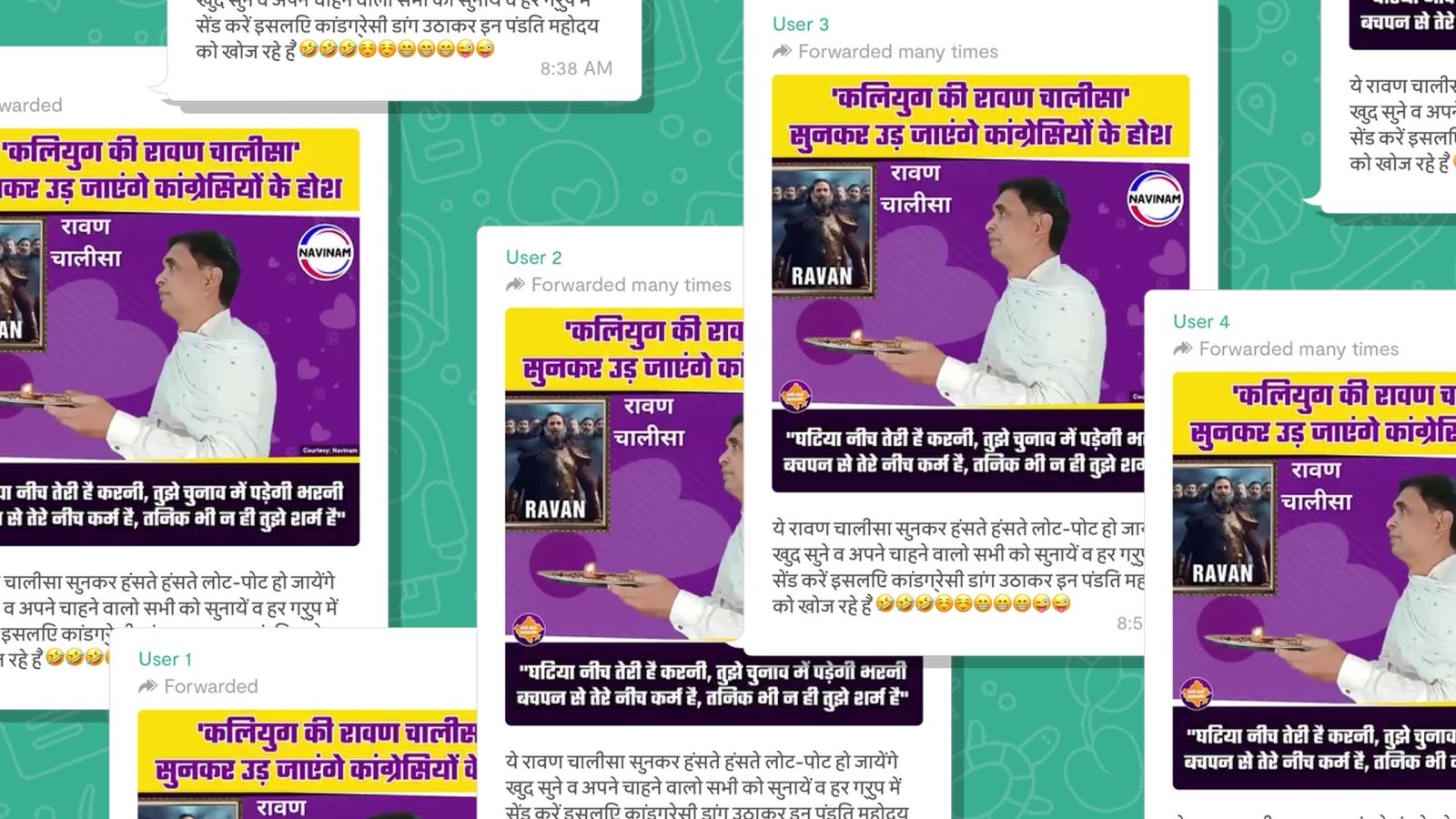
.jpg)

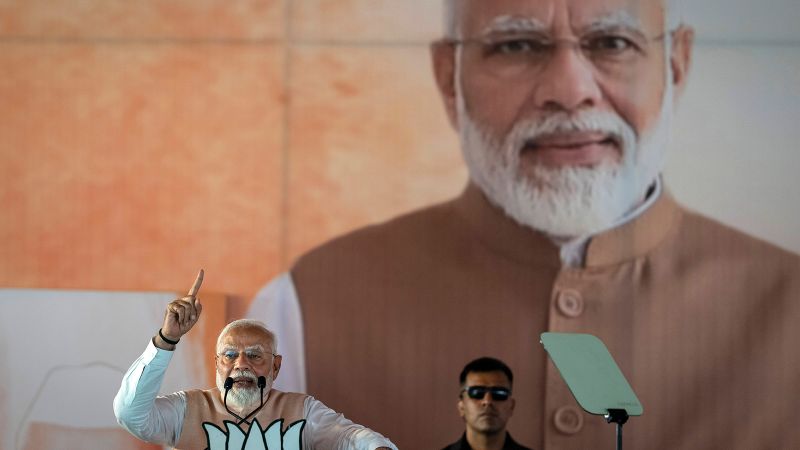
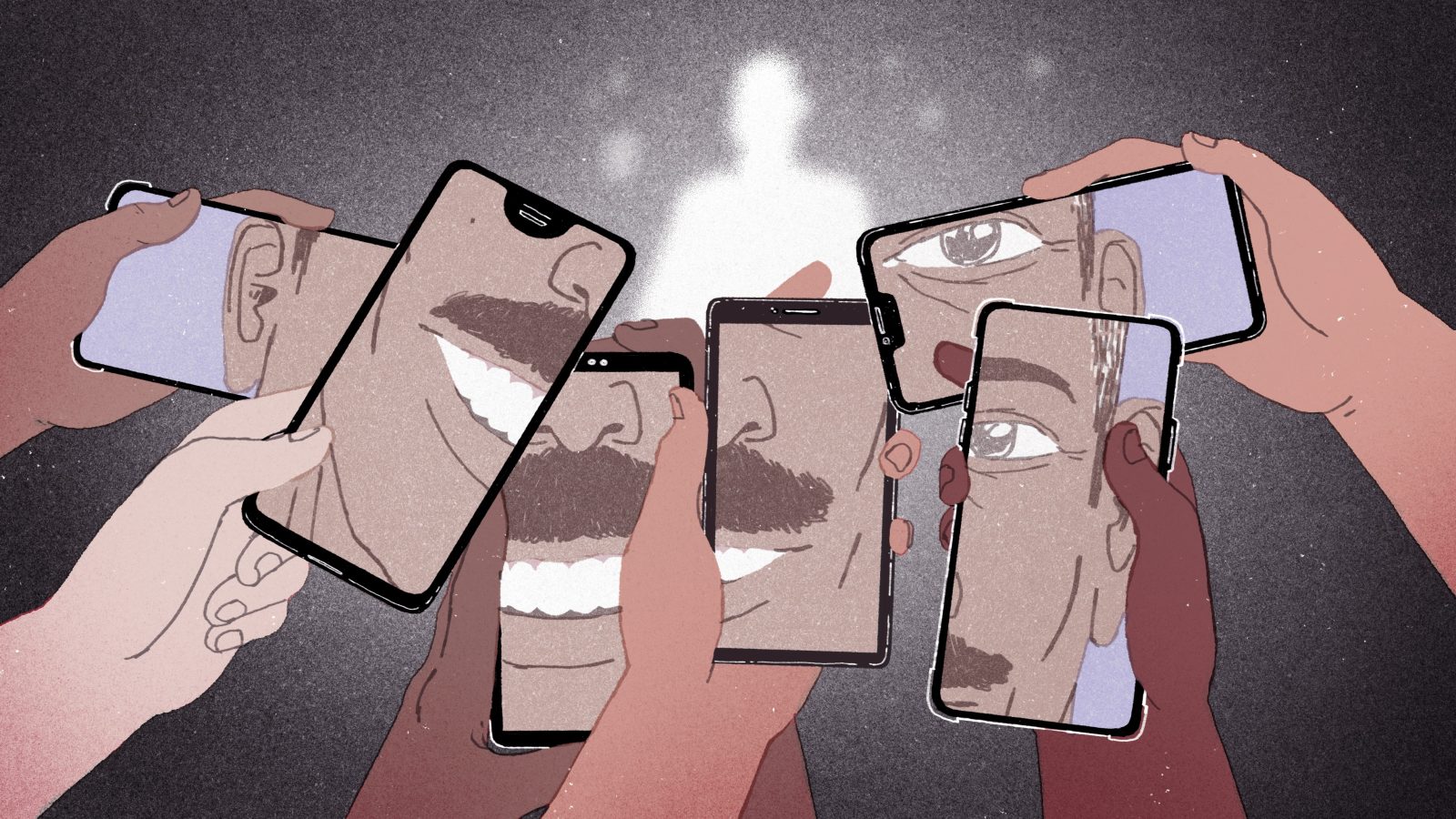
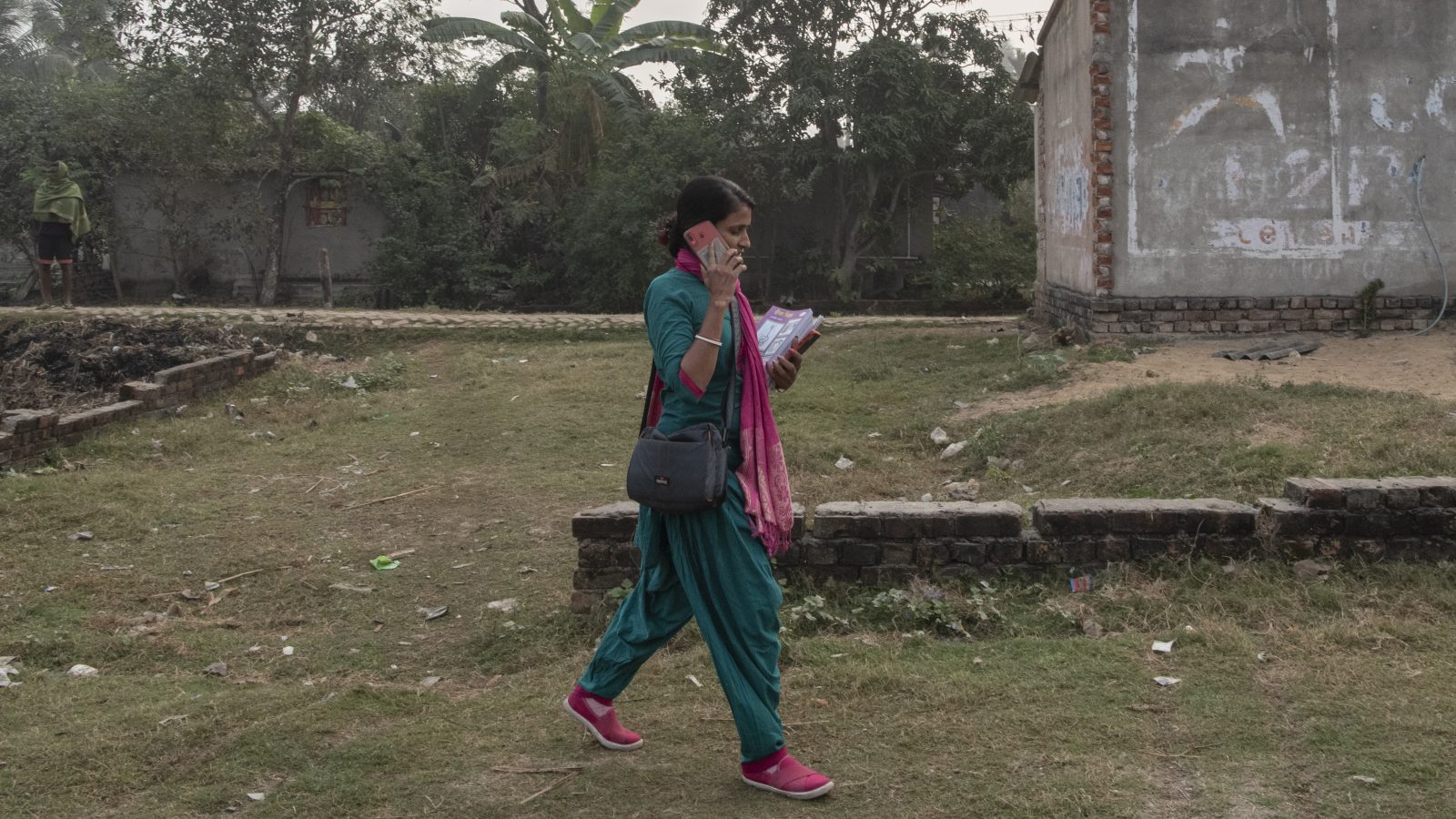
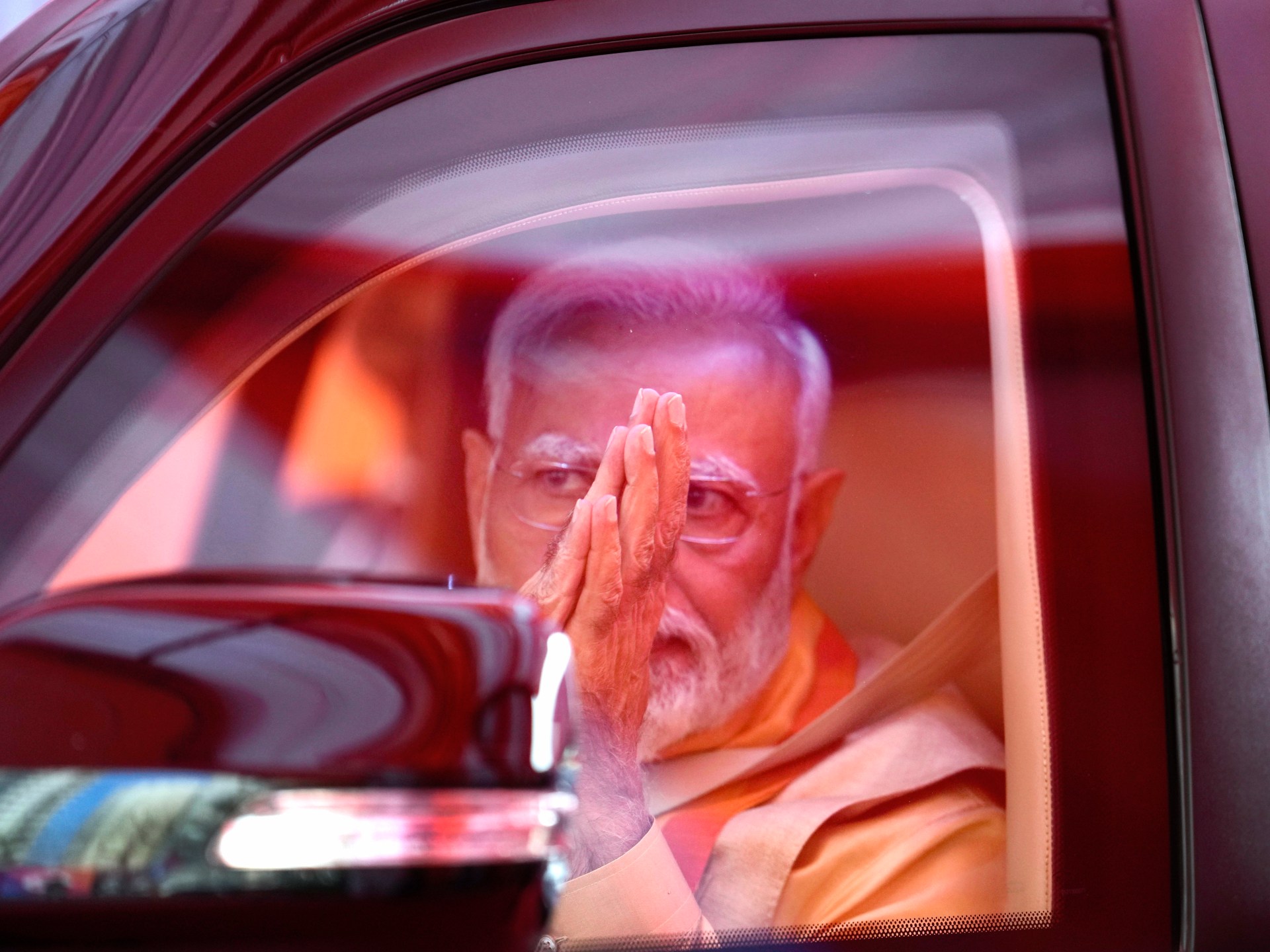


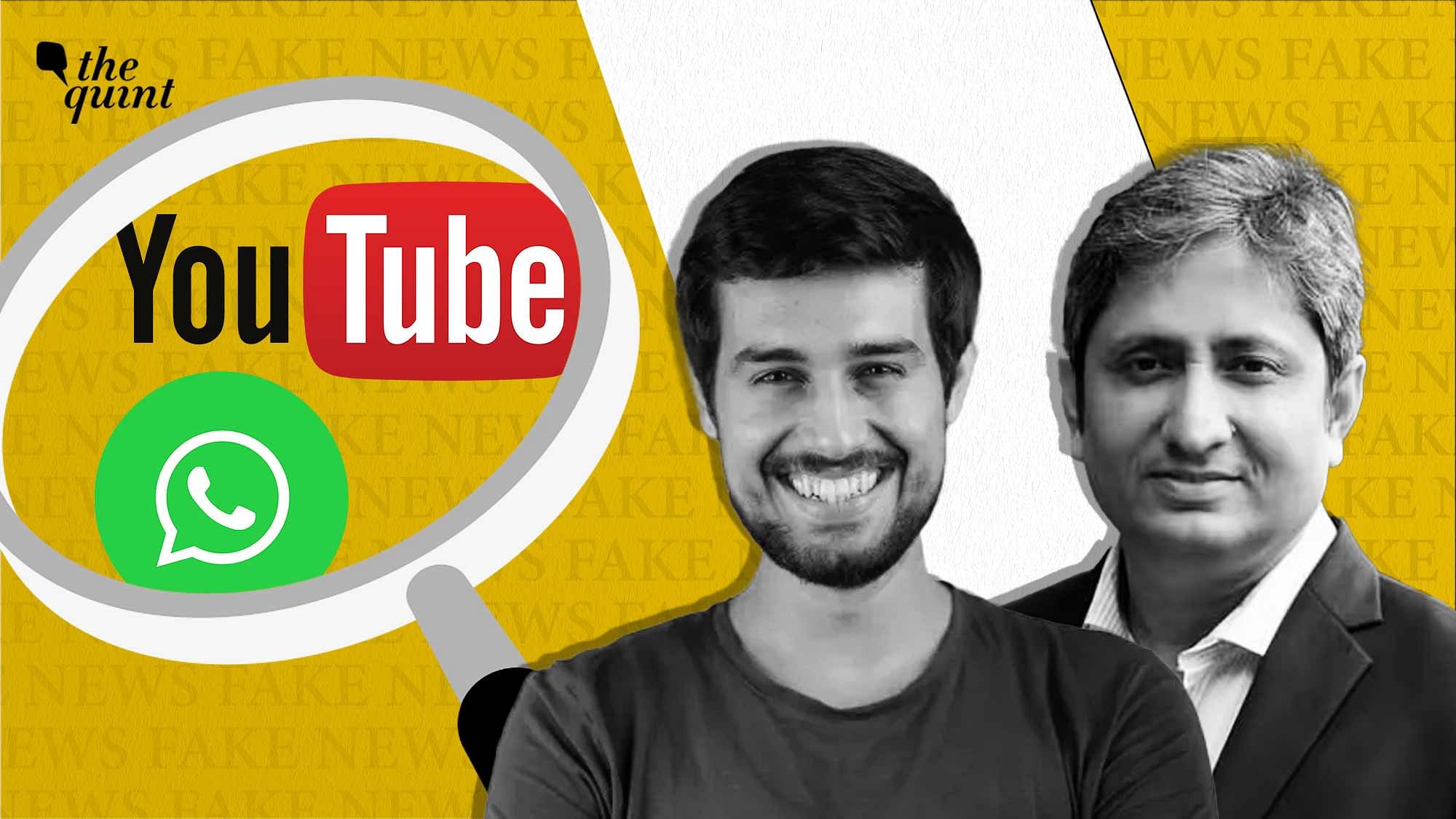
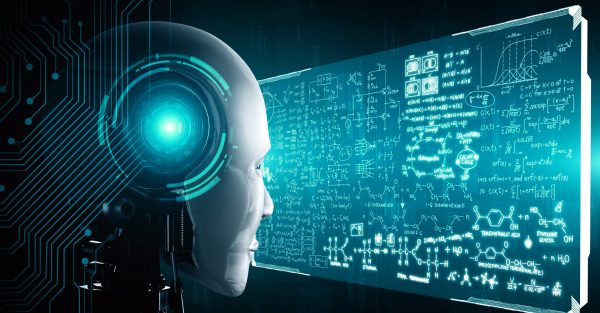
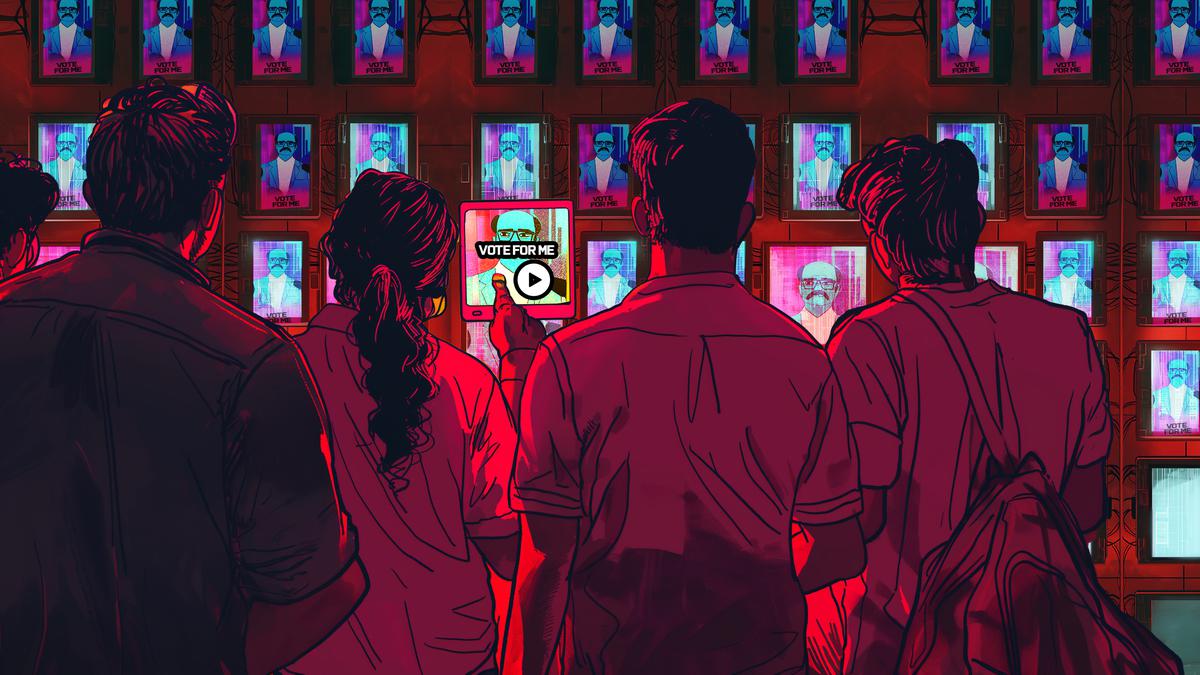






























 might be?](https://sk0.blr1.cdn.digitaloceanspaces.com/sites/1394/posts/714526/dbc8de4c-5c50-411f-aba0-55cfb74a692d.jpeg)

Write a comment ...